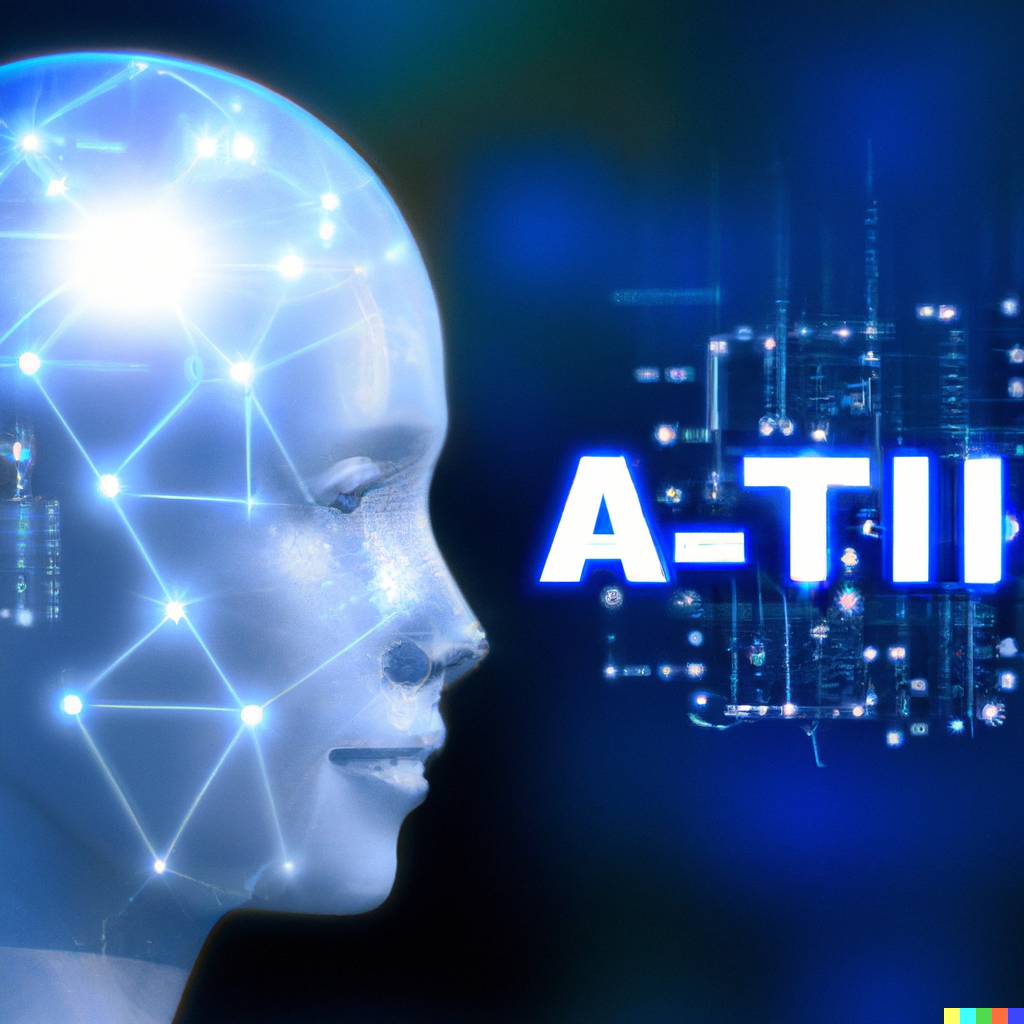In an era dominated by technological advancements, one phenomenon stands out as a beacon of innovation and potential – Artificial Intelligence (AI). From science fiction fantasies to real-world applications, AI has transcended its origins to become an integral part of our daily lives, revolutionizing industries and reshaping the way we perceive the world. In this comprehensive exploration, we delve into the intricacies of AI, its evolution, applications, and the ethical considerations it raises.
Understanding Artificial Intelligence
At its core, Artificial Intelligence refers to the simulation of human intelligence processes by machines, particularly computer systems. This encompasses a wide range of activities such as learning, reasoning, problem-solving, perception, and language understanding. AI systems are designed to analyze vast amounts of data, recognize patterns, and make decisions with minimal human intervention.
Evolution of AI
The journey of AI traces back to the mid-20th century when pioneers like Alan Turing laid the groundwork for modern computing. The term "artificial intelligence" was coined in 1956 at the Dartmouth Conference, marking the official birth of the field. Over the decades, AI experienced periods of rapid progress interspersed with periods of disillusionment known as AI winters. However, recent years have witnessed an AI renaissance fueled by advancements in computational power, big data, and algorithmic innovation.
Types of Artificial Intelligence
AI can be categorized into several types based on its capabilities and functionalities:
-
Narrow AI: Also known as Weak AI, it is designed to perform specific tasks or solve particular problems. Examples include virtual assistants like Siri and Alexa, recommendation systems, and image recognition software.
-
General AI: This is the holy grail of AI research, often depicted in science fiction as sentient machines with human-like intelligence. General AI would possess the ability to understand, learn, and apply knowledge across a wide range of domains.
-
Superintelligent AI: This hypothetical form of AI surpasses human intelligence in every aspect, posing existential questions about its implications for humanity.
Applications of AI
The versatility of AI enables its application across diverse domains, driving innovation and efficiency in various sectors:
-
Healthcare: AI-powered diagnostic systems can analyze medical images, predict disease outbreaks, and personalize treatment plans based on patient data.
-
Finance: AI algorithms are used for fraud detection, algorithmic trading, credit scoring, and customer service automation in the financial industry.
-
Manufacturing: Robotics and AI-driven automation enhance productivity, quality control, and predictive maintenance in manufacturing processes.
-
Transportation: Autonomous vehicles rely on AI for navigation, object detection, and decision-making, promising safer and more efficient transportation systems.
-
Education: AI technologies support personalized learning experiences, adaptive tutoring systems, and educational content creation tailored to individual student needs.
Ethical Considerations and Challenges
While AI holds tremendous potential for societal benefit, it also raises complex ethical considerations and challenges:
-
Bias and Fairness: AI systems may perpetuate or even exacerbate existing biases present in training data, leading to unfair outcomes, particularly in areas like hiring, lending, and criminal justice.
-
Privacy and Surveillance: The proliferation of AI-powered surveillance technologies raises concerns about privacy infringement and mass surveillance, necessitating robust regulations and oversight mechanisms.
-
Job Displacement: Automation driven by AI has the potential to disrupt labor markets, displacing certain jobs while creating new ones. Ensuring a smooth transition and equitable distribution of opportunities is imperative.
-
Autonomy and Accountability: As AI systems become more autonomous, questions arise regarding accountability and responsibility in the event of errors or unintended consequences.
The Future of Artificial Intelligence
As we stand on the cusp of a new era shaped by AI, the possibilities are both exhilarating and daunting. The future of AI holds promise for unprecedented advancements in fields like healthcare, education, and environmental sustainability. However, realizing this potential requires a concerted effort to address the ethical, societal, and regulatory challenges that accompany AI deployment.
In conclusion, Artificial Intelligence represents a monumental leap forward in human ingenuity, offering solutions to complex problems and unlocking new frontiers of innovation. By embracing AI responsibly and ethically, we can harness its transformative power to create a brighter and more prosperous future for all.
